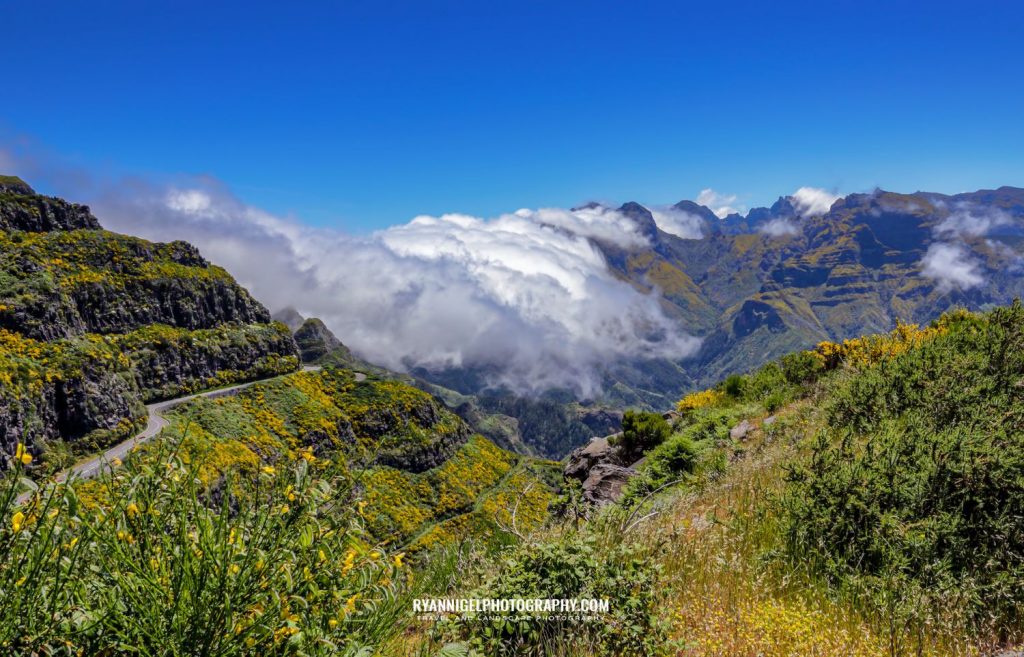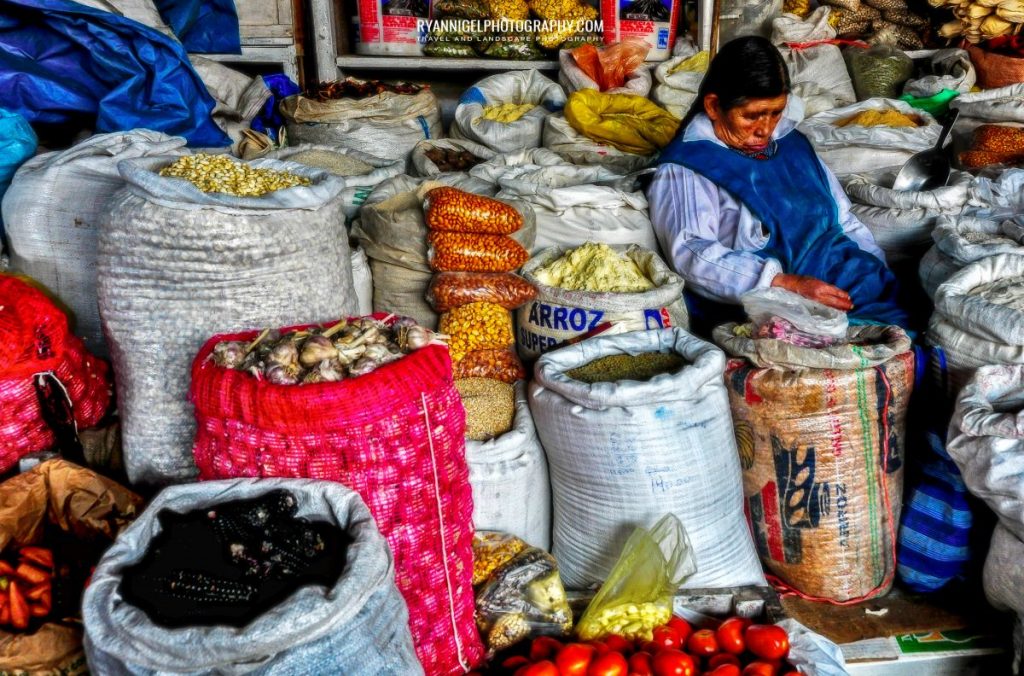We all know it and feel it. That feeling that you get when somebody breaks down your photo. The one you worked on for days, the one YOU liked so much. Being torn down, burned, trampled on, completely demolished, stepped on, spit on. The comments: you feel you wanna die. Cry. Curled up in a corner in your (dirty) room 🙂 with a blanket over your head. But also the opposite: that photo of what you think is just one of a thousand, hell: even shot with your phone instead of your multi-thousand dollar gear ! Being praised like you are the next photo professional the world needs. The likes ! thousands streaming in, the comments: YOU cannot do anything wrong. You feel immortal: the world is at your feet. 🙂
Of course this all is a bit overreacted but you get the point and feeling, do you ?

Judgement Day
How serious should you take positive/negative comments, likes, etc. ? How serious should you take someone who judges your photo ? Should you care ? Should you get angry when photos of other people, which in YOUR judgement are of lesser quality than yours, get more likes/stars/praises than your photos ? I can make this list of questions endless, but you get the point: Judging.
In another post i wrote: ‘a photo can only be judged on its technical aspects and color (if shot in color)’. With Technical aspects i mean: composition, leveling (horizon), dividing the composition within the frame, dust spots/artifacts removal, and crop and/or cut. With color i mean that there are no unnatural color casts like the effects of shooting with an ND filter or the effects of wrong white balance settings resulting in blue, yellow, red or green color casts.
We all judge. It’s human nature. A habit. A bad one, i think. See, now i judge about judging… 🙂 Anyway, humans tend to judge a lot. About everything. And it’s all in our minds. So how does this affect photography and the photographers, beginner and pro alike ?
What we don’t know
This is my own opinion, my own feelings, state of mind towards this subject. Why ? I think it is all personal. I try to live the Buddhist way meaning that i will not judge others and so their work. If i am ask for judgement, in this case a photo, i will keep it short: just the technical aspects and color (if applicable). I think it is not right to say: “that is bad” or “that is good”.
Why ? First, i don’t know the person who shot the photo, second: i don’t know the conditions, third: i don’t know the location, fourth: i don’t know the equipment used, fifth: i don’t know if the photographer is a beginner, advanced or pro, sixth: i don’t know what the goal of that photo was. What did the photographer wanted to achieve ? Or wasn’t there anything to achieve ? And so, i have some more questions. Since we don’t know a lot, only what is being showed, it is not correct to develop an opinion based on the visuals that you have in front of you. Sure, you can say: ‘I like that’ or ‘i don’t’. Or ‘that is nice’ or ‘that is not so nice’. With this you speak out a feeling, not an opinion.

Locations/Situations/Conditions
Another issue is that, especially with Travel and Landscape Photography, we depend on the conditions at that time at that place. And mostly for places that are far and remote. Example: I went to China, to Tibet. The idea was to do a shoot in the valleys near the Garzê Tibetan Autonomous Prefecture. When we came there the weather changed about 180 degrees. It was cloudy, foggy, bad visibility, etc. Sure i shot some dramatic scenes but it was not what i came for. And i won’t be back there very soon. So you get the point: your photos will be as good as the weather/light/conditions allows it to be. You simply cannot say: ‘I come back tomorrow’. (unless you live there of course).
Art
Photography is like art, like painting, sculpting, etc. Everybody has their own style and vision of how things should look like. One likes Dali, other likes Matisse or Picasso. And so on. What i think and feel is if something is not your cup of tea, then look elsewhere. So if Dali is your thing and Matisse isn’t, stick with Dali and look for stuff that is similar. I my case: i am a travel and landscape photographer. So i stick with landscapes, cities, jungle, sea, adventure, places, etc. But don’t ask me about baby photos or cats and dogs or weddings !
This way or no way
What i really don’t like is when people, skilled or not, try to put THEIR way of doing things, their vision, their whatever it is, on to you. If not accepted, then by brutal force… (now that is a joke). The total lack of openness, without any ability to accept that there are other ways than THEIR way. Complete one-way traffic. I really really cannot cope with that. (It sounds a bit like one of my previous relationships).
So should you judge a photo ? Well you can if asked for. Otherwise i don’t think that you should give your opinion before you know the answers on the ‘what we don’t know‘ mentioned earlier. And if you need to judge: be nice and constructive. Show respect and understanding.

Reactions
If you judge a photo it have an emotional reaction on the person who shot and shared it. If the judgement is bad, the reaction can be anger, sadness, down feeling, wanting to stop with photography, etc. If the judgement is good, the feeling can be good, positive wanting to shoot and share more. Think about these things. Think about how you would react when one of your photos is being judged.
How does this work on pro’s and beginners ? Well my experience is when you judge a photo from a ‘Pro’ and it is a bad judgement you’ll be send to hell and even further. And ‘who the fuck do you think you are to give a judgement like that ?’ . Really. That is my experience. For the ‘beginner’ it is different. They are more open to critique and have a higher acceptance level of that critique. Good and bad critique alike. With the ‘Pro’ well… never mind. Haha. Besides that: What is a ‘Pro’ anyway ? (I think that is going to be my next article: “what is a Pro Photographer”).
Final
So next time you say/write something about other people’s work, think about the ‘what we don’t know’ mentioned and be nice and constructive.